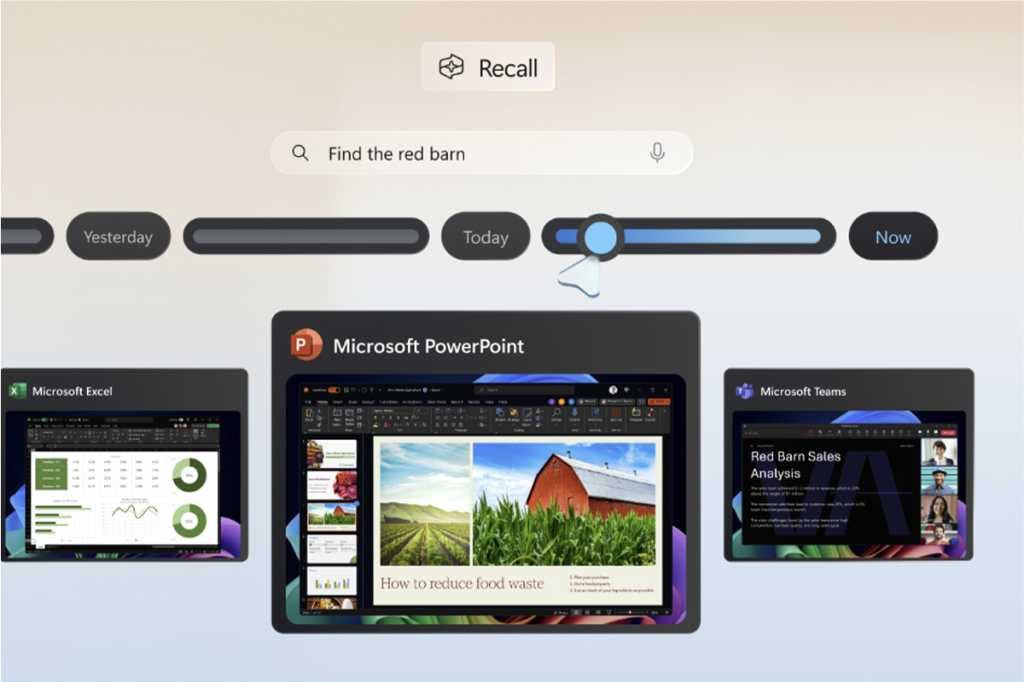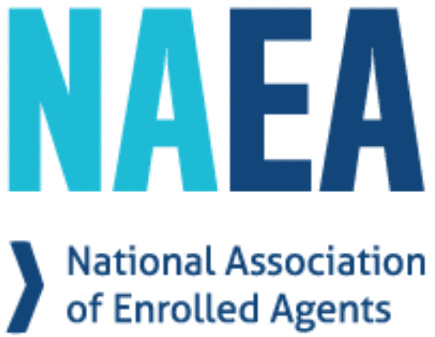Microsoft Recall - Operational Blessing or Privacy Nightmare?
Microsoft has recently released Recall, a new feature that screenshots your activity to provide a detailed, searchable tool. Reviews and concerns are mixed.
Microsoft's new Recall feature for Windows 11, recently made available on Copilot+ PCs, is an AI-powered tool that passively captures periodic screenshots of user activity to build a visual, searchable timeline of past interactions. The feature is designed to boost productivity by enabling users to retrieve previously viewed content, such as emails, documents, or web pages, through natural language queries. Importantly, all the data is stored locally on the device, not in the cloud, and Recall is disabled by default, requiring users to opt in during system setup. Screenshots taken by Recall are encrypted and protected by Windows Hello authentication, meaning a PIN or biometric verification is needed to access them.
Key Features
Snapshot Capture: Recall takes automatic screenshots every few seconds, creating a visual history of user activity.
Local Storage: All data is stored locally on the user's device, ensuring that information remains private and not uploaded to external servers.
Searchable Timeline: Users can search through their activity history using natural language, making it easier to locate previously accessed content.
Opt-In Activation: Following privacy concerns, Microsoft has made Recall an opt-in feature, allowing users to choose whether to enable it during setup.
Security Measures: Data captured by Recall is encrypted and protected by Windows Hello authentication, requiring biometric verification or a PIN to access.
Privacy and Security Concerns
Despite its convenience, Recall has triggered a wave of privacy and security concerns. Chief among them is the possibility of capturing sensitive information, such as passwords, private messages, or financial details, particularly client data, if they are visible on the screen at the moment a snapshot is taken. Although Microsoft has added filters to avoid storing certain types of sensitive content, critics argue these measures may not be foolproof. Moreover, even though the data remains on the device, a compromised system could expose this detailed activity history to attackers. This raises questions about how much trust users are willing to place in Microsoft, especially considering the extent of Recall’s screen-tracking capabilities.
Even with the productivity benefits, Recall has raised several privacy and security concerns:
Sensitive Data Capture: Recall may inadvertently capture sensitive information, such as passwords or personal messages, if they appear on the screen during snapshot intervals.
Data Accessibility: Although data is stored locally, there is potential risk if the device is compromised, as the captured information could be accessed by unauthorized parties.
Filtering Limitations: While Microsoft has implemented filters to exclude sensitive content, these filters may not be foolproof, and some sensitive information could still be captured.
User Trust: The feature's ability to record extensive user activity has led to concerns about surveillance and the potential misuse of data, impacting user trust.
User Controls and Management
To address these concerns, Microsoft offers a range of user controls, including the ability to delete individual snapshots, exclude specific apps or websites from tracking, and uninstall the feature entirely. Still, many experts and privacy advocates caution that Recall represents a fundamental shift in how personal computing environments operate and suggest that users think carefully before enabling it.
To address these concerns, Microsoft provides users with control over Recall:
Manage Snapshots: Users can view, delete, or exclude specific snapshots from the Recall timeline.
Exclude Applications: Users have the option to prevent Recall from capturing activity within certain applications or websites.
Uninstallation: Recall can be uninstalled if users decide they no longer wish to use the feature.
Summary
Firms will need to decide for themselves if they feel the benefits of Recall are worth the potential security and privacy concerns that are raised. Given that the screenshots are stored and encrypted locally, the concerns over data access would be the same as any other data stored in your environment.
Financial Guardians has partnered with NATP to provide access to our monthly Guardian Tier membership at a 30% discount.
Active NATP members can access the online discount here.
Financial Guardians has partnered with NAEA to provide access to our monthly Guardian Tier membership at a 30% discount.
Active NAEA members can access the online discount here.
Financial Guardians is a proud member of InCite, the recently launched online community exclusively for tax professionals, bookkeepers, and accountants. InCite members receive a 30% discount.
Join today at www.incite.tax.
Financial Guardians has partnered with the California Society of Tax Consultants to provide a 30% access discount as well as many other offers. More info can be found at www.cstcsociety.org








